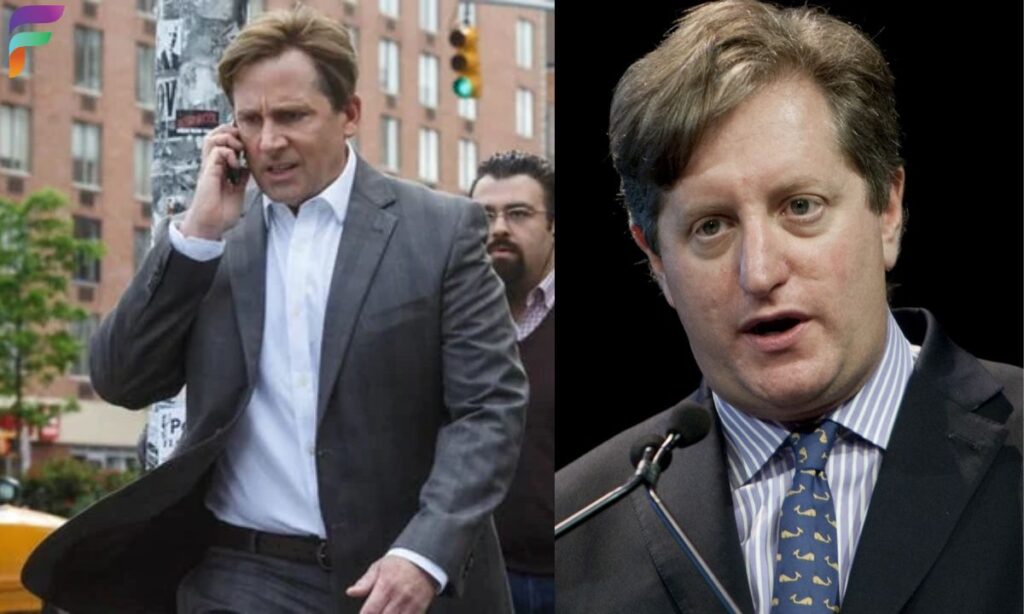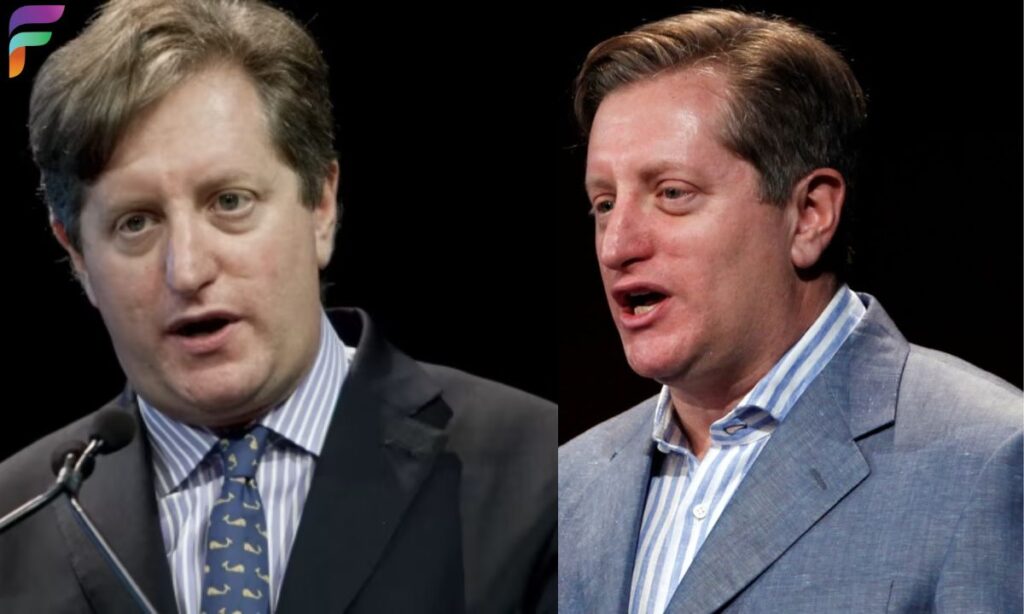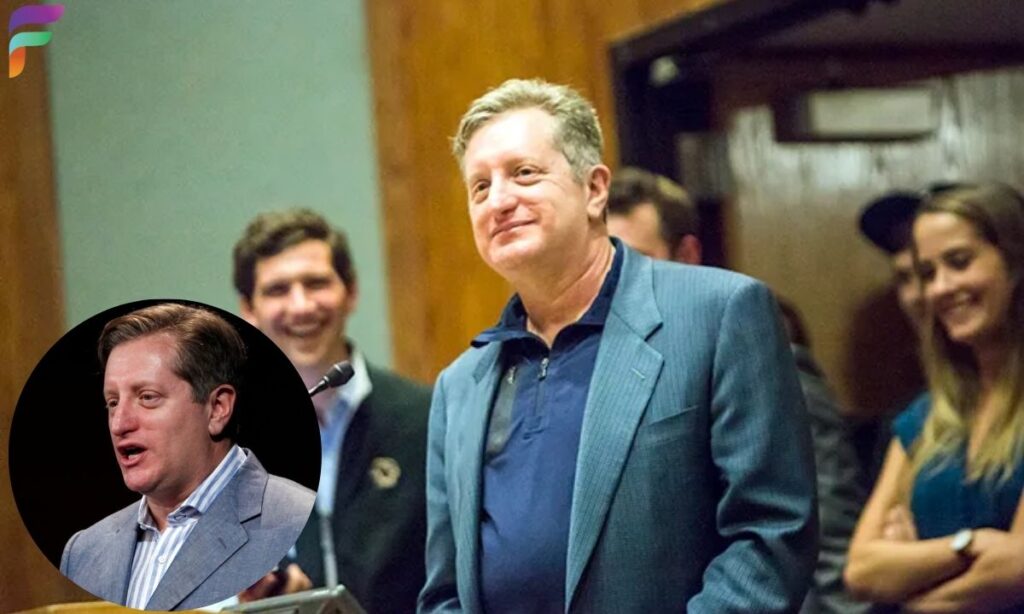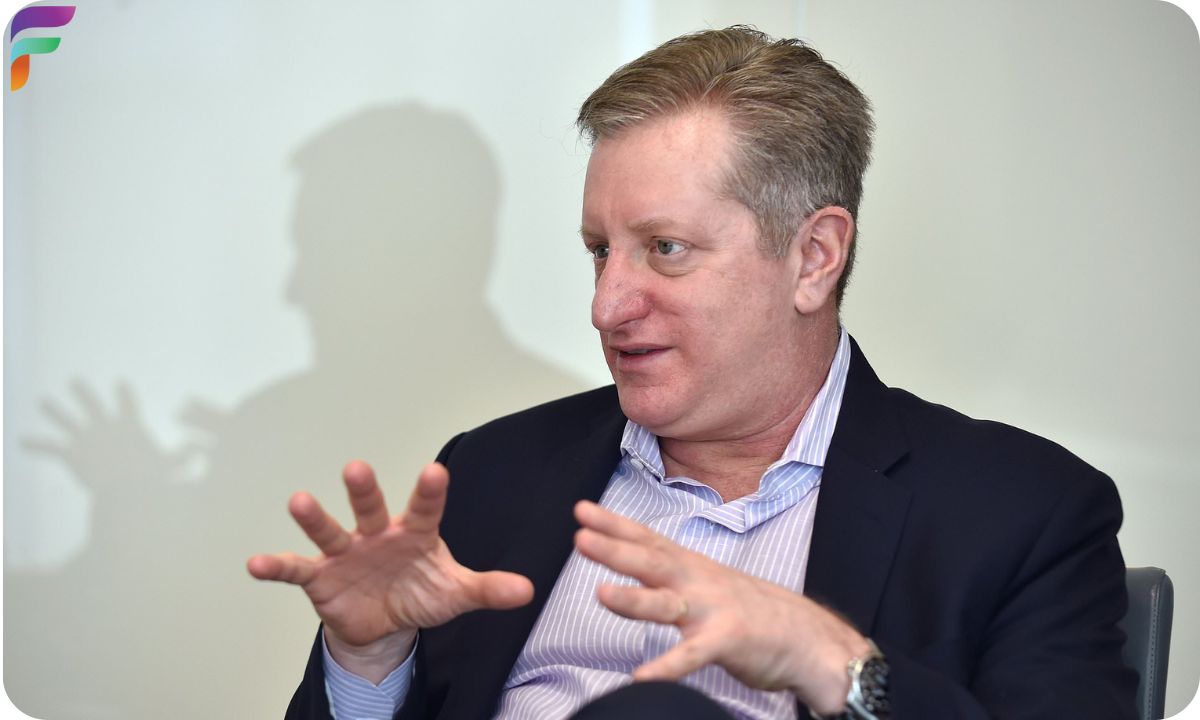Mark Baum is an important character from the movie The Big Short. This film was released in 2015 and is based on a true story. It tells about the events leading up to the 2007-2008 financial crisis. Mark Baum is portrayed by actor Steve Carell.
He is a hedge fund manager who sees the problems in the financial system before many others do. This character shows how some people can analyze financial markets and make predictions about economic events.
The Big Short: A Quick Recap
The Big Short is a film that explains a complex topic in a way that many people can understand. The story revolves around a group of investors who realize that the housing market is unstable. They discover that many people are taking out subprime mortgages.
These are loans given to people with poor credit histories. The investors decide to bet against the housing market. This strategy is called “shorting.” Mark Baum is one of these investors.
He conducts research and uncovers the truth about the collateralized debt obligations (CDOs) that were sold by banks. The movie is both entertaining and educational, helping viewers understand the financial crisis through engaging storytelling.
Is Mark Baum Based on a Real Person?

Yes, Mark Baum is based on a real person named Steve Eisman. In the movie, the character’s name is changed for various reasons. Many of the actions and personality traits of Mark Baum closely mirror those of Steve Eisman.
Eisman was also a hedge fund manager who saw the problems in the financial system. He requested that his real name be changed when the book was adapted into a movie. This allowed him to maintain some privacy while still sharing his story.
Who is the Real Mark Baum? Steve Eisman’s Background
Steve Eisman was born in New York City. He attended the University of Pennsylvania. There, he earned a Bachelor of Arts degree. Later, he went to Harvard Law School and obtained a law degree. Even though he had a legal education, Eisman was drawn to finance.
He worked as a financial services analyst. Eventually, he became a managing director at Chilton Investment Co. He then worked as a portfolio manager at FrontPoint Partners. This is where he made a name for himself on Wall Street.
Eisman managed over a billion dollars and made significant bets against the housing market. His background is important for understanding the character of Mark Baum.
Read This Blog : Suki Sin Age, Career, Family, Net Worth, Height Bio 2024
What Was Mark Baum’s Role in The Big Short?

In the film, Mark Baum plays a crucial role in identifying problems in the housing market. He conducts thorough market research to uncover the truth about mortgage-backed securities. Baum investigates the subprime mortgage industry and finds widespread fraud.
His findings lead him to take significant short positions on CDOs. He tries to warn others in the financial industry. However, many people look at him with skepticism.
This adds to the drama of the story. Baum’s character is central to understanding how some investors saw the collapse coming while many others were oblivious.
Mark Baum Steve Eisman’s Crucial Predictions
Steve Eisman made several important predictions about the housing market. He recognized that the quality of mortgages was declining rapidly. He also noticed flaws in how rating agencies assessed the risk of mortgage-backed securities.
These insights were crucial in understanding the impending crisis. Eisman predicted that the interconnectedness of financial institutions would amplify the effects of the crisis.
His ability to analyze the financial markets set him apart from others in the industry. Mark Baum’s character captures this critical thinking and analytical mindset.
Read This Blog : Brandon Lake Net Worth – Wiki, Tour, Song, Lyrics Data as of 2024
How Accurate is Steve Carell’s Portrayal of Steve Eisman?
Steve Carell’s portrayal of Mark Baum has been praised for its accuracy. Carell captures the essence of Steve Eisman’s personality. The character is depicted as blunt and direct. This reflects Eisman’s real-life approach to finance.
Baum’s moral outrage at the corruption in the financial system is a central theme. Carell’s performance highlights the anger and disbelief that Baum feels as he uncovers the truth.
Eisman himself has commented on how well Carell represented him, noting that some aspects were dramatized but many core traits were spot on.
The Aftermath: What Has Steve Eisman Done Since The Big Short?
After the events of The Big Short, Steve Eisman has continued to work in finance. He left FrontPoint Partners in 2011 after the financial crisis. In 2012, he founded his own hedge fund called Emrys Partners.
This venture started with $23 million in seed capital. Unfortunately, Emrys Partners struggled to perform and closed in 2014. After that, Eisman joined Neuberger Berman as a managing director.
He has remained a commentator on financial markets and regulations. Eisman continues to speak out about the need for ethical investing and better financial regulations.
How Much Did Mark Baum (Steve Eisman) Make from The Big Short?
While exact figures are not available, it is estimated that Steve Eisman made hundreds of millions of dollars by shortening the housing market. His hedge fund grew significantly during the crisis.
FrontPoint Partners’ assets increased from around $700 million to $1.5 billion. Eisman’s fund reportedly returned 81% in 2007 alone. These profits came during a time of great economic suffering for many people.
This raises ethical questions about profiting from a crisis. The film explores these dilemmas through the character of Mark Baum.
What Happened to Mark (Steve Eisman) After The Big Short?
After the film was released, Steve Eisman continued to work in finance and commentary. He became a sought-after speaker on financial markets. Eisman has also advocated for stronger financial regulations to prevent future crises.
He warns about potential risks in the financial system, such as the growth of passive investing. His experiences and insights have made him a prominent figure in discussions about Wall Street and financial ethics.
The Legacy of Mark Baum and Steve Eisman

The legacy of Mark Baum, inspired by Steve Eisman, goes beyond financial success. Eisman’s warnings contributed to the push for stronger financial regulations, including the Dodd-Frank Act. This act was designed to improve the stability of the financial system.
Public awareness about the risks in finance grew due to the story told in The Big Short. Eisman’s criticism of Wall Street practices continues to influence debates about ethics in finance.
His story serves as a reminder of the importance of critical thinking and standing up for what is right in the world of finance.
Frequently Asked Questions
What is The Big Short about?
The Big Short is a film that tells the story of the financial crisis of 2007-2008 through the eyes of investors who predicted it.
Who is Steve Eisman?
Steve Eisman is a hedge fund manager who is the real-life inspiration for the character Mark Baum in The Big Short.
How did Mark Baum make money?
Mark Baum made money by shorting the housing market, betting against the stability of mortgage-backed securities.
What are subprime mortgages?
Subprime mortgages are loans given to borrowers with poor credit histories, often leading to higher risks of default.
What is the Dodd-Frank Act?
The Dodd-Frank Act is a set of financial regulations enacted to prevent another financial crisis and improve stability in the markets.
Conclusion
Mark Baum from The Big Short is a character shaped by real-life events and people. Based on Steve Eisman, Baum represents those who saw the financial crisis coming. Through thorough analysis and bold predictions, he sheds light on the failures of the economic system.
The story of Mark Baum encourages viewers to think critically about economic issues. It highlights the importance of ethical investing and one person’s impact in challenging the status quo.

Admin is a talented content writer and digital marketer with expertise in SEO, social media management, and online marketing. He excels at creating impactful, data-driven content to help businesses connect with their target audience and achieve measurable outcomes.

